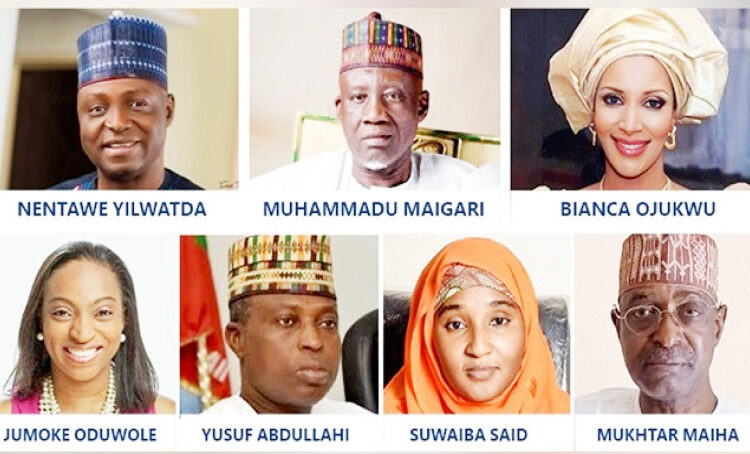
The Nigerian Senate has begun a meticulous screening process for President Bola Tinubu’s slate of ministerial nominees, a move seen as pivotal to defining the direction of his administration. Over the next several days, senators will assess the qualifications, vision, and policy approaches of over 40 nominees, including prominent figures such as former governors Nyesom Wike, David Umahi, and Nasir El-Rufai, alongside a diverse mix of technocrats and regional leaders. This process, which has placed the Senate’s regular agenda on hold, represents an intensified commitment to ensuring that only the most qualified candidates take on the demanding roles necessary to advance Nigeria’s complex social and economic landscape.
The screening sessions have generated national interest as citizens and political observers analyze Tinubu’s choices and their potential to drive significant change in critical sectors. Lawmakers have raised substantive questions on nominees’ backgrounds, policy positions, and reform strategies to determine if they align with the President’s objectives, particularly in areas like economic recovery, job creation, security, infrastructure, and healthcare. Many of these ministries are pivotal to implementing Tinubu’s agenda, especially given the current economic challenges that have heightened inflation, increased public debt, and affected the daily lives of Nigerians.
Notably, this cabinet includes representatives from all six geopolitical zones of Nigeria, reflecting Tinubu’s goal of fostering national unity and regional representation. By nominating high-profile figures from previously underrepresented regions, such as the South-East and the North, Tinubu appears committed to addressing long-standing concerns of marginalization and ensuring that all areas of the country have a voice in the federal government. For instance, figures like El-Rufai and Wike are expected to leverage their experience in handling complex governance issues, potentially bringing bold, hands-on reforms to sectors like power, transportation, and public safety.
President of the Senate, Godswill Akpabio, has emphasized the importance of thoroughness and accountability in the review process. He assured the public that each nominee would undergo rigorous questioning, not only on their professional backgrounds but also on their ethical standards and their capacity to handle the demands of public office. The Senate’s screening includes in-depth evaluations of each nominee’s plans to improve infrastructure, bolster energy security, and foster economic resilience, particularly in light of Tinubu’s intention to diversify Nigeria’s economy and reduce dependency on oil.
Several nominees have already addressed key issues during the screening, sharing their visions for areas such as healthcare reform, digital innovation, and educational improvements. The Senate’s questioning reflects a heightened demand for transparent, impactful leadership, aiming to ensure nominees bring not just experience, but also actionable plans for meaningful change.




